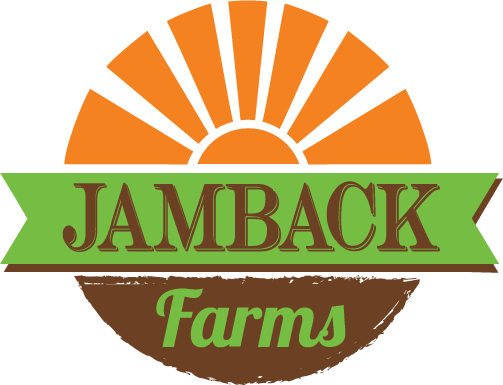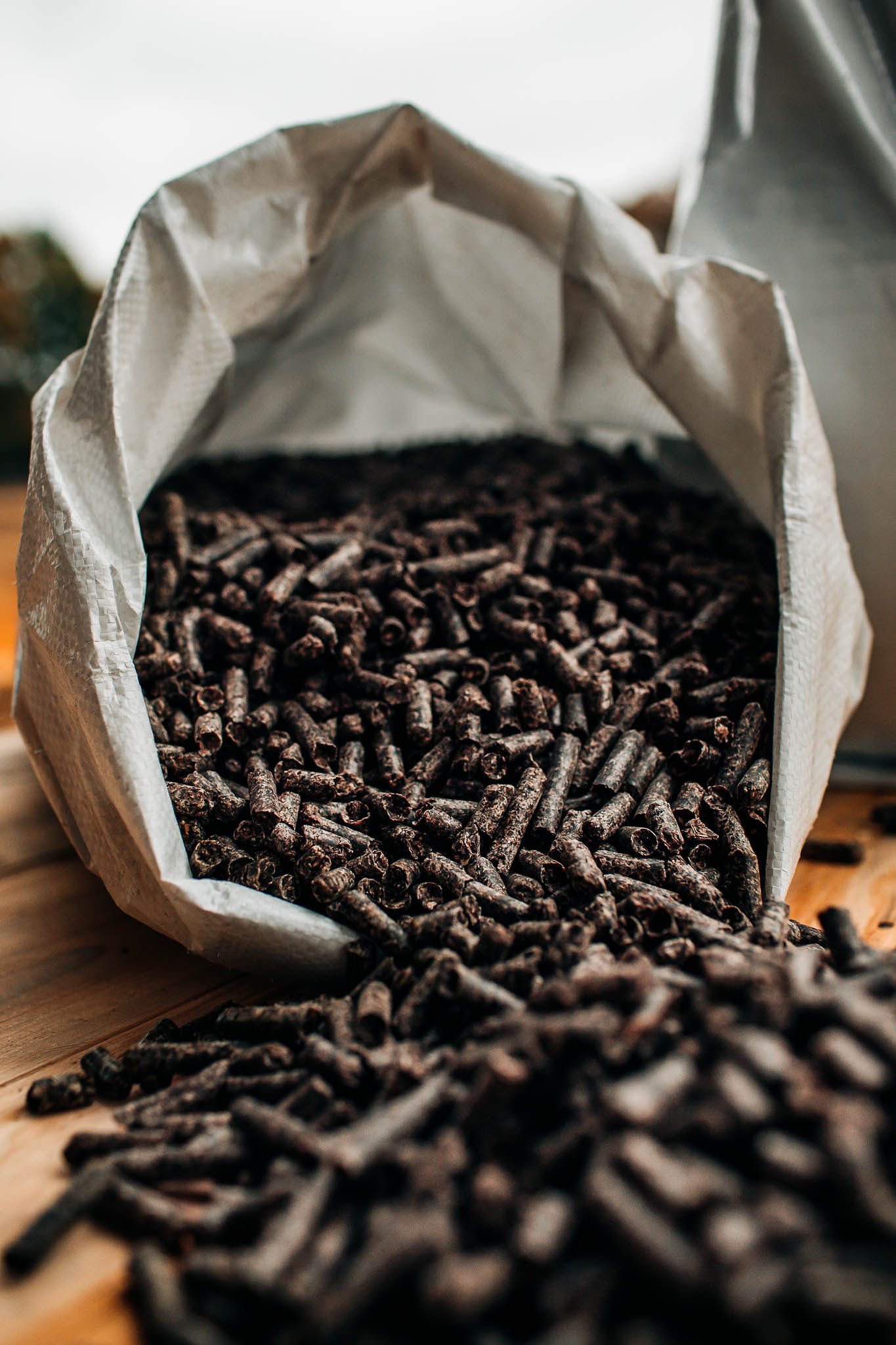Malibu had never had a history of colic until five to six years ago. It started with short bouts of gas colic that would resolve on its own but then escalated to severe gas colic three to four times a year. Because they didn’t know what was causing it, her owner adjusted her diet where she could and tried to change Malibu’s lifestyle.
Unfortunately, the bouts of colic throughout the year didn’t stop. It was three years ago that she had to be rushed to the vet for violent gas colic and had to have surgery. Luckily, all went well and she was able to recover quickly with no complications. Though the colic episodes lessened, they still occurred a few times a year. After another scary emergency stay, the vets and her owner decided to make major lifestyle and diet changes to hopefully remedy her gut health issues over time.
“After her last stay at the vet, we moved her to a primarily forage based diet. This included lots of high quality, highly palatable hay, soaked alfalfa and we backed down her grain by about 70%. Her grain also changed to a forage based pellet with a ration balancer,” said Malibu’s owner.
Jamback Farms was recommended to her by a majority of her equestrian friends in East Tennessee when she moved Malibu to her personal farm. She wanted to make sure she could get consistent, high quality hay throughout the year given Malibu’s gut history.
“80% of Malibu’s diet is Jamback Farms hay and alfalfa. I truly believe that moving to a forage based lifestyle with lots of turnout has made Malibu so happy and healthy! The team at Jamback was extremely helpful in finding hay that met my needs. I will be a Jamback Farms customer for life,” said Malibu’s owner.
Let us help you find forage products that will keep your animals healthy and happy, like Malibu!








